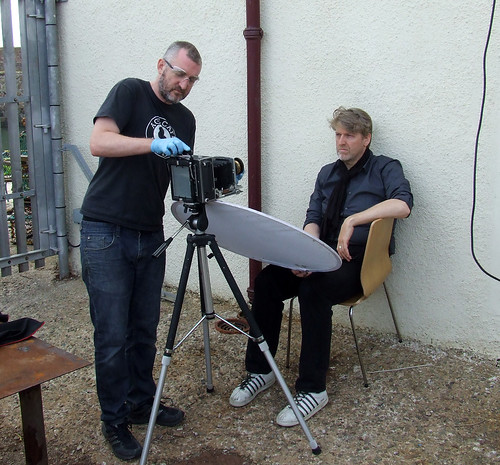(Office day). This day my father came to dine at my house, but being sent for in the morning I could not stay, but went by water to my Lord, where I dined with him, and he in a very merry humour (present Mr. Borfett and Childe).
At dinner: he, in discourse of the great opinion of the virtue—gratitude (which he did account the greatest thing in the world to him, and had, therefore, in his mind been often troubled in the late times how to answer his gratitude to the King, who raised his father), did say it was that did bring him to his obedience to the King; and did also bless himself with his good fortune, in comparison to what it was when I was with him in the Sound, when he durst not own his correspondence with the King; which is a thing that I never did hear of to this day before; and I do from this raise an opinion of him, to be one of the most secret men in the world, which I was not so convinced of before.
After dinner he bid all go out of the room, and did tell me how the King had promised him 4000l. per annum for ever, and had already given him a bill under his hand (which he showed me) for 4000l. that Mr. Fox is to pay him. My Lord did advise with me how to get this received, and to put out 3000l. into safe hands at use, and the other he will make use of for his present occasion. This he did advise with me about with much secresy.
After all this he called for the fiddles and books, and we two and W. Howe, and Mr. Childe, did sing and play some psalmes of Will. Lawes’s, and some songs; and so I went away.
So I went to see my Lord’s picture, which is almost done, and do please me very well.
Hence to Whitehall to find out Mr. Fox, which I did, and did use me very civilly, but I did not see his lady, whom I had so long known when she was a maid, Mrs. Whittle. From thence meeting my father Bowyer, I took him to Mr. Harper’s, and there drank with him. Among other things in discourse he told me how my wife’s brother had a horse at grass with him, which I was troubled to hear, it being his boldness upon my score.
Home by coach, and read late in the last night’s book of Trials, and told my wife about her brother’s horse at Mr. Bowyer’s, who is also much troubled for it, and do intend to go to-morrow to inquire the truth.
Notwithstanding this was the first day of the King’s proclamation against hackney coaches coming into the streets to stand to be hired, yet I got one to carry me home.
Ice is a house I could
not stay in, the answer to
a tune I never hear.
Tell me how I promise forever
in the present, with fiddles and songs
and an old horse at grass.
Which trouble
is the truth, coming into the streets
to stand?
Erasure poem derived from The Diary of Samuel Pepys, Wednesday 7 November 1660.






